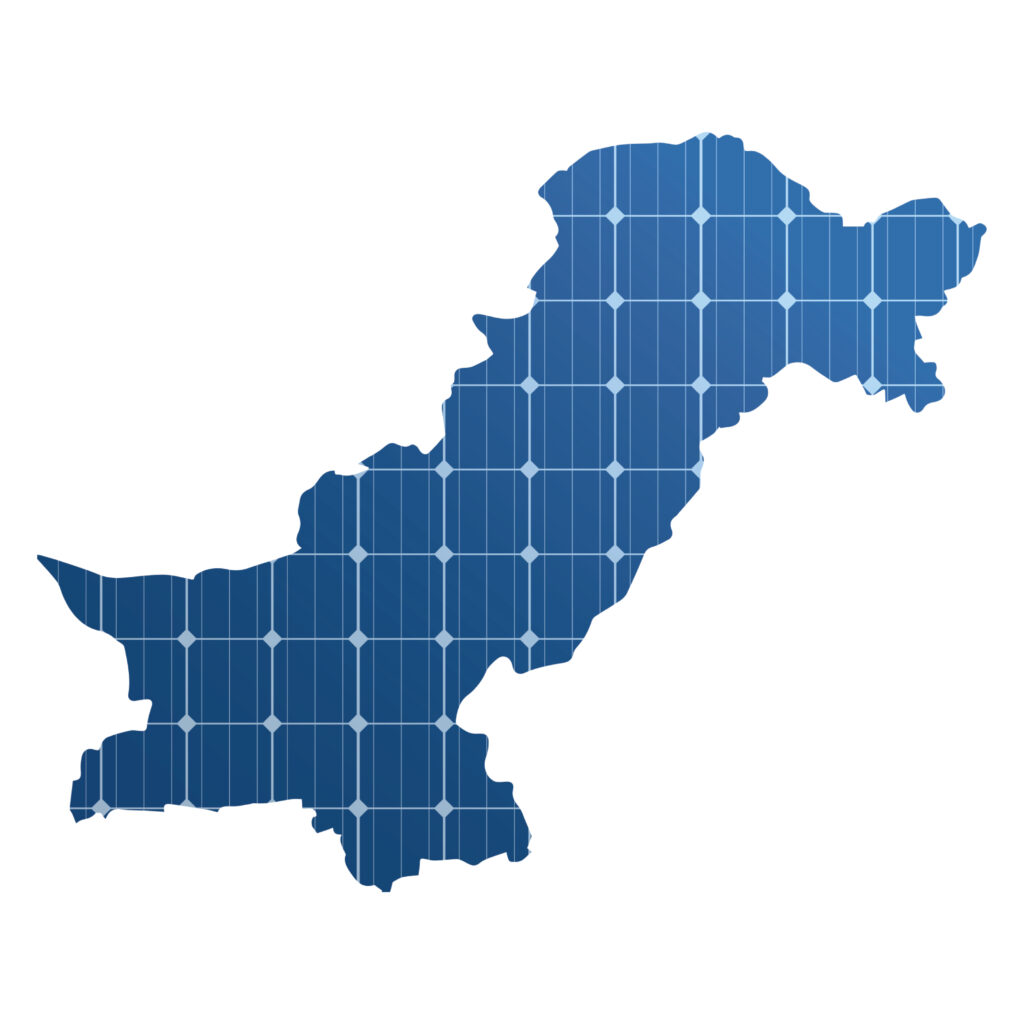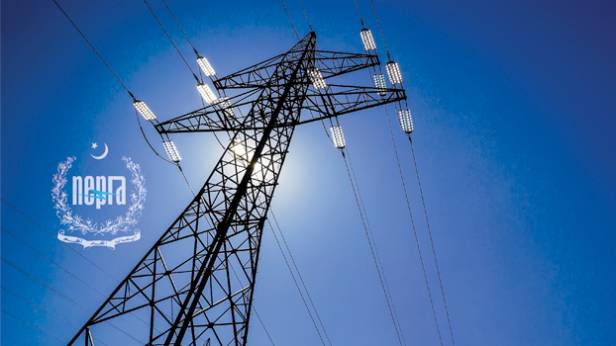

## Pakistan’s Growing Emphasis on Solar Energy Solutions
Pakistan’s push towards **Solar Energy Solutions** is a strategic response to its escalating energy demands and the urgent need for sustainable, clean power alternatives. The country benefits from abundant sunlight, receiving an average of 5–7 kWh/m² of solar radiation daily, positioning it well for large-scale solar adoption. Recognizing this potential, the government has introduced a series of supportive policies and initiatives aimed at accelerating solar energy deployment across residential, commercial, and industrial sectors.
### Key Government Policies and Incentives
One of the cornerstone policies enabling solar growth is the National Electric Power Regulatory Authority (NEPRA) regulation that permits installation of solar panels up to one megawatt without requiring a generation license. This policy lowers barriers for individuals and businesses to adopt solar technologies, fostering a distributed generation network. Additionally, the Alternative Energy Policy of 2006 laid the groundwork for renewable energy development by offering fiscal incentives and promoting investment in solar projects.
The Pakistan Renewable Energy Policy of 2019 further solidifies the government’s commitment by setting ambitious targets, aiming for 30% of total electricity generation to come from renewable sources by 2030, with solar energy as a major contributor. To support this, the government guarantees 20-year Power Purchase Agreements (PPAs) with fixed tariffs, providing financial certainty to investors and encouraging long-term solar projects.
### Net Metering and Financial Support
A vital component of Pakistan’s **Solar Energy Solutions** framework is the net metering policy, which allows solar energy producers to sell excess electricity back to the national grid. This not only helps consumers recover their initial investments faster but also promotes efficient energy use and grid stability. The current net metering regulations offer attractive payback periods of 2–4 years for small to medium rooftop solar systems, which has led to a surge in residential solar installations nationwide.
To further ease adoption, the government provides duty exemptions on imported solar equipment and offers low-interest loans and grants through programs like the Pakistan Solar Energy Development Program. These financial incentives make solar solutions more accessible to a broader population, including rural areas lacking reliable grid access.
## Environmental, Economic, and Social Benefits of Solar Energy Solutions
### Enhancing Energy Security and Sustainability
Pakistan’s reliance on imported fossil fuels exposes it to global price volatility and supply disruptions. By investing in solar power, the country can reduce this dependence, enhance energy security, and stabilize electricity supply. Solar energy also plays a crucial role in mitigating climate change by lowering greenhouse gas emissions and reducing the national carbon footprint, aligning with Pakistan’s international climate commitments.
### Economic Growth and Job Creation
The expansion of solar energy infrastructure stimulates economic growth by creating jobs in manufacturing, installation, and maintenance of solar systems. The government’s push to encourage local production of solar panels and related equipment aims to reduce import dependency, lower costs, and build a sustainable solar industry. This strategy also helps improve Pakistan’s balance of payments by decreasing expensive fuel imports.
### Social Impact and Public Awareness
Public awareness campaigns and educational programs are integral to promoting **Solar Energy Solutions**. Workshops and seminars encourage communities to adopt solar power, emphasizing its affordability, reliability, and environmental benefits. International collaborations with organizations like the World Bank and Asian Development Bank provide technical and financial support, enhancing sector capacity and knowledge transfer.
## Challenges and the Path Forward
Despite rapid growth, Pakistan faces challenges such as grid infrastructure limitations and the need for quality control in locally manufactured solar equipment. Recent government considerations to reduce net metering buyback rates aim to balance consumer incentives with grid stability, ensuring sustainable expansion.
The Senate of Pakistan has resolved to prevent policies that discourage solar adoption, advocating for subsidies, tax exemptions, and supportive regulations to foster widespread solarization. Continued policy refinement, technological advancements, and investment in grid modernization will be essential to maximize the benefits of solar energy.
## Conclusion
Pakistan’s comprehensive approach to **Solar Energy Solutions**-through enabling policies, financial incentives, and public engagement-positions the country to significantly expand its solar capacity in the coming years. These efforts not only address the nation’s energy shortages but also contribute to environmental sustainability, economic development, and energy security. With ongoing government support and international collaboration, solar energy is set to become a cornerstone of Pakistan’s clean energy future, helping the country meet its renewable energy targets and build a resilient, affordable power system.
Discover more at Andromeda Energy.
Relevant blogs from Andromeda Energy:
- The Future of Solar Energy in Pakistan
- Incentives for Renewable Energy Development
- How Net Metering Works in Pakistan
For Further Detail
https://www.renewableenergyworld.com/


Leave a Reply